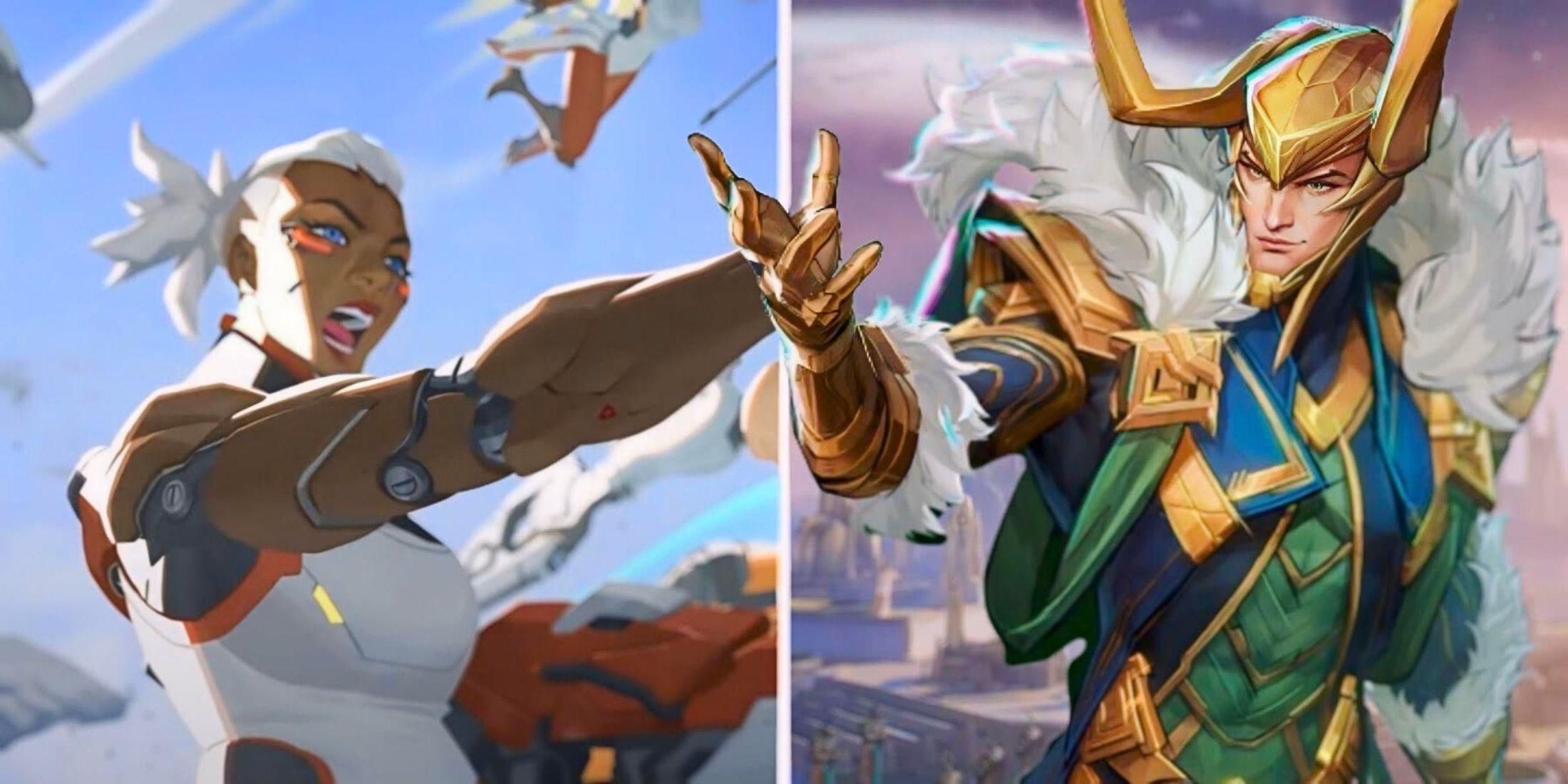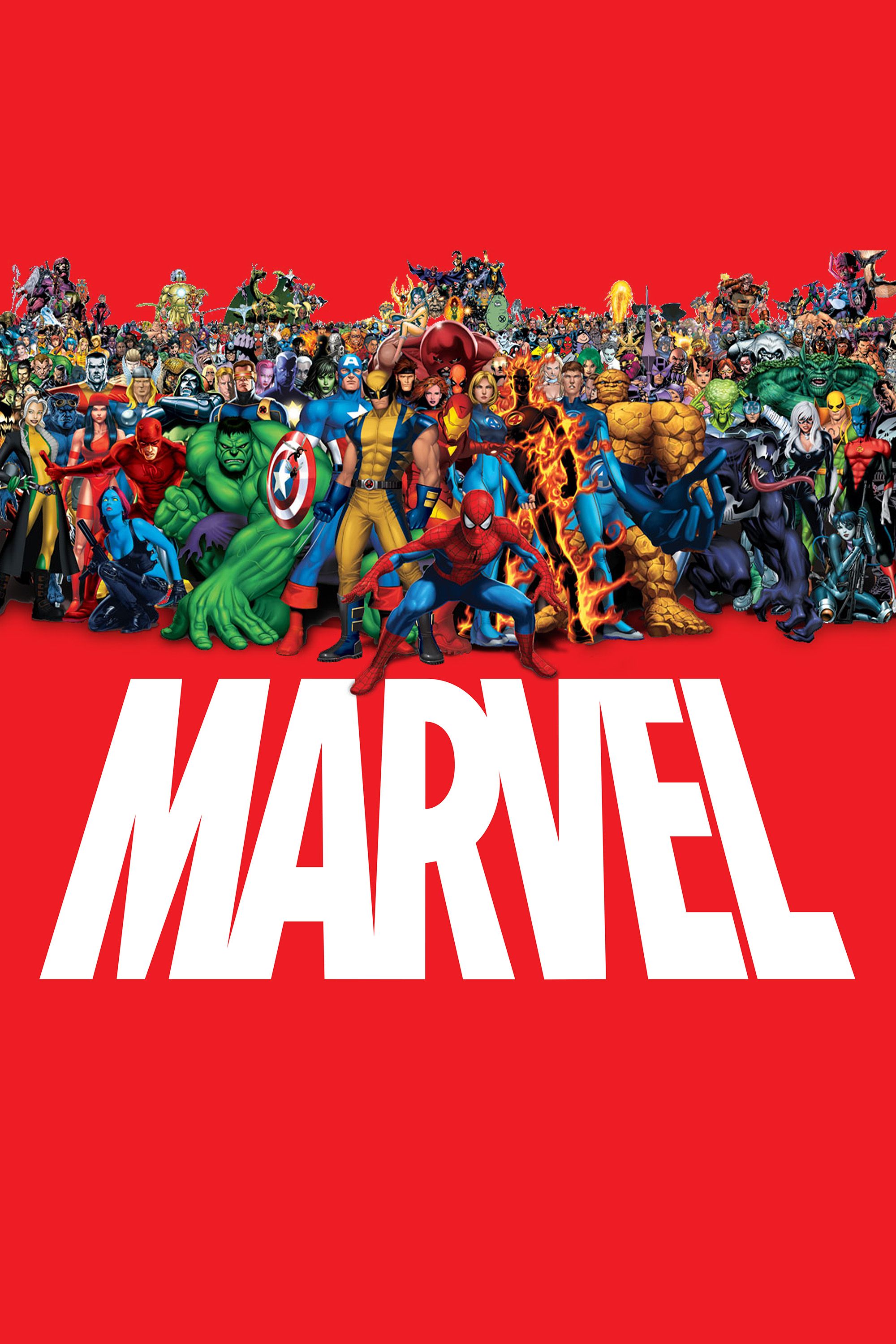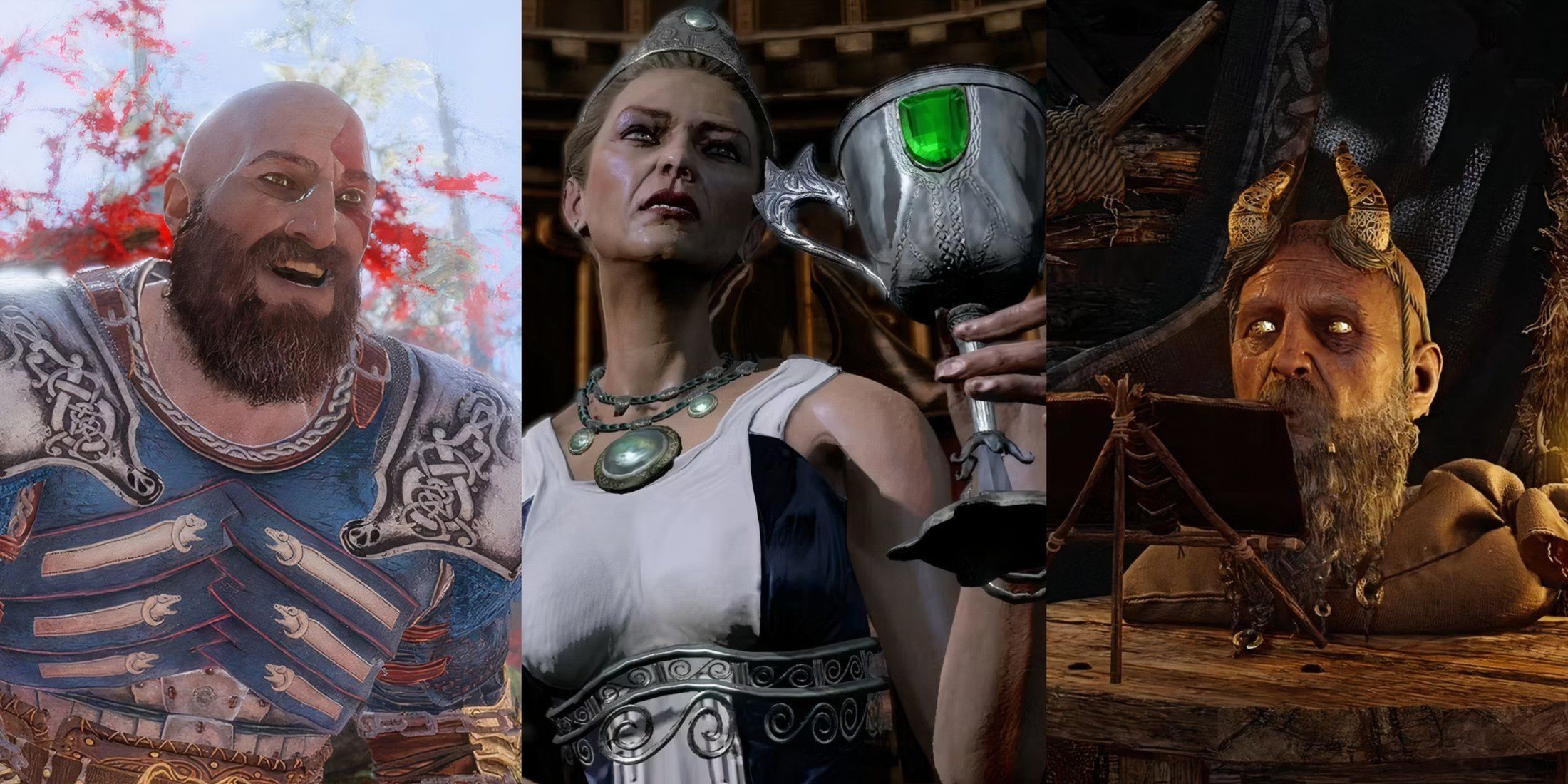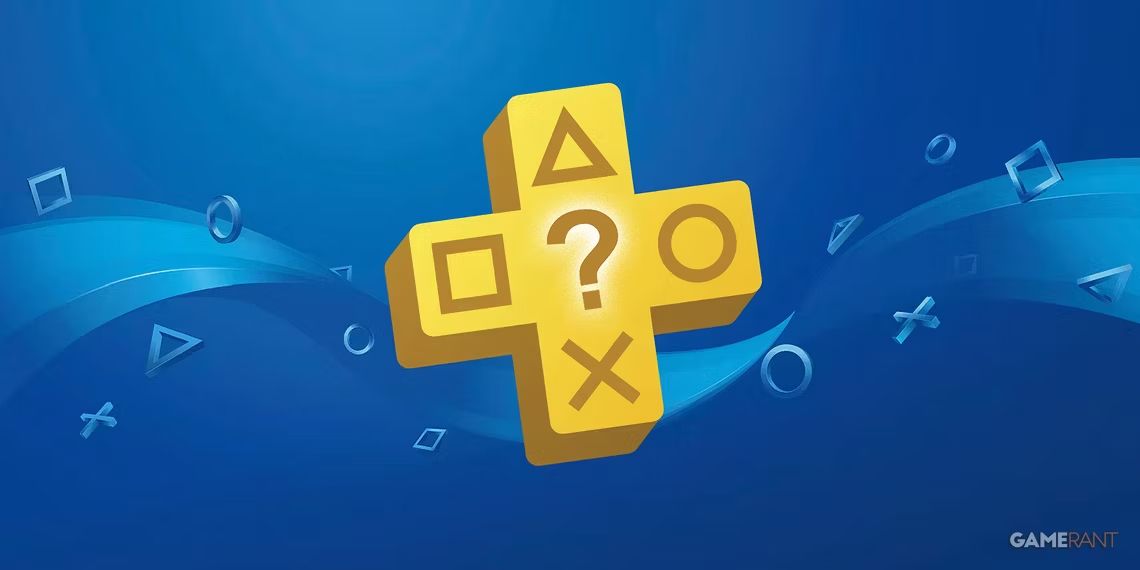Highlights
- Batman: Arkham Asylum set a new standard for superhero games, proving they can be both critically and commercially successful.
- Marvel and DC's AAA games like Avengers and Suicide Squad have struggled to meet expectations, suggesting smaller-scale games may be more profitable.
- With a diverse roster of heroes and villains, Marvel and DC have endless possibilities for smaller-scale video game experiences.
Marvel and DC video games have been around since the 1980s, but few ever earned true critical acclaim. Instead, over the course of a few decades, superhero video games gained a reputation for being middling movie tie-in cash grabs, and although standouts like Spider-Man 2 and Marvel Ultimate Alliance existed, they were the outliers. But everything changed when Batman: Arkham Asylum released in 2009.
A genuinely incredible game, not just compared to the rest of the superhero gaming genre, but the entire industry, Batman: Arkham Asylum proved that superhero games could be both critical and commercial juggernauts, and that opened up a floodgate. Since Arkham Asylum's release in 2009, there have been multiple AAA releases from both DC and Marvel, some of which have been great, and some of which haven't. With more lackluster superhero games appearing in recent years, it begs the question of whether Marvel and DC should start diversifying their portfolio a bit more.

Marvel Rivals, Overwatch 2's Map Design Controversy Explained
After the promotional trailer for Marvel Rivals' newest map, fans of Overwatch 2 have noticed striking similarities between the games' map designs.
Marvel and DC Shouldn't Be Afraid to Pair Things Back
Big Superhero Games Aren't Always Worth the Risk
Both Marvel and DC have had their fair share of successes over the last few years, with the Batman: Arkham and Marvel's Spider-Man series being the two most obvious examples for each, but for every Batman: Arkham and Spider-Man entry, there has been another handful of huge Marvel and DC games that have failed spectacularly. Some of the most recent examples of this are Marvel's Avengers and Suicide Squad: Kill the Justice League, two live-service disasters that didn't ship with enough content and continued to fail to meet fan expectations.
Making a AAA video game is harder, and more expensive, than it ever has been before, often requiring teams of hundreds to work for years on just one project. So, when a game as big as Marvel's Avengers or Suicide Squad: Kill the Justice League comes around and fails both critically and commercially, it can be devastating for the teams that worked on them. Even games that review well but don't quite meet sales expectations like Guardians of the Galaxy are considered detrimental failures in the eyes of the companies behind them. Simply put, Marvel and DC's AAA output has rarely been worth the risk.
Over the last few years, both Marvel and DC have released a number of smaller-scale video games, many of which have proven to be surprisingly successful, with Marvel Snap being a good recent example of this. Games like Marvel Snap are presumably much cheaper to develop and even maintain than gigantic releases like Avengers, and they're potentially a whole lot more profitable. Moving forward, it might be a wise idea for Marvel and DC to focus more on smaller-scale experiences, with the rewards being far more worth the lower risks.
There's No Shortage of Possibilities for Smaller Marvel and DC Games
When it comes to brainstorming ideas for possible smaller-scale Marvel and DC games, there's really no shortage of inspiration, and there are so many video game genres that both Marvel and DC have yet to explore. A Constantine detective game in a similar vein to games like Call of Cthulhu and The Forgotten City, a psychedelic Lovecraftian Metroidvania featuring Doctor Strange, and a roguelike platformer starring Deadpool are all just a few basic ideas that could make for excellent smaller-scale superhero video game experiences, and that's really just scratching the surface of what both industry giants could do with their extensive, mostly untapped roster of heroes and villains.

Marvel
Marvel is a brand associated with a wide array of popular superhero comics, movies, television shows, and merchandise. The company owns the rights to popular characters like The Avengers, Spider-Man, Black Panther, Deadpool, and many more.


